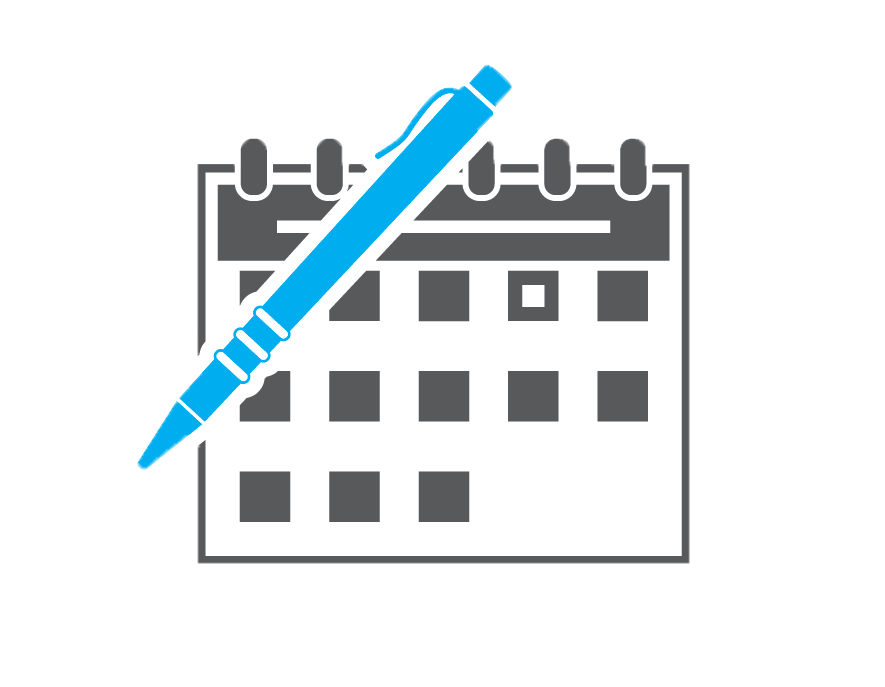Te Piki Oranga reduces inequitable health outcomes by providing high-quality, accessible services that are consistent with the concepts of whānau ora and tino rangatiratanga.
The Mana Wāhine hauora clinics are an example of this, where women can access free cervical screening among a wide range of health services. Kaimahi make the clinics comfortable and ensure they happen at a relaxed pace with plenty of time for kōrero and pātai between wāhine, nurses and other healthcare professionals.
Mana Wāhine clinics grew in strength this year
The first two clinics were held in 2022, and this year continued with the most recent Mana Wāhine clinic on 9 December at the Waimeha tari, where cervical screening and HPV self-testing was available to Māori and Pasifika wāhine between the ages of 25 and 69. Each wahine who participated received a take-home kete full of kai and there were gift vouchers and a prize draw to encourage participation.
An earlier Mana Wāhine clinic on 16 September was held to coincide with Cervical Screening Awareness Month, and with the start of HPV self-testing as an option for wāhine in Te Tauihu.
For the September clinic, Te Piki Oranga collaborated with Allanah Burgess and her team at Waikawa Marae, and Felicity Spencer and Kaye Macdonald from the Marlborough Cancer Society.
Lorraine Staunton, Kaiwhakahaere Ratonga – Service Delivery/Operations Manager, says kaimahi received some excellent feedback about the new HPV self-test experience, and the Mana Wāhine clinic in general.
“This new, safe and effective cervical screening option was offered to wāhine who were eligible. We exceeded our goal to complete 20 screenings, with 21 completed and eight more women who we are following up with to complete their screening another time,” Lorraine says.
“Many thanks to Belinda and Stevie from Te Whatu Ora who continuously work so closely with us to prepare for these events. Having Belinda’s support via phone on the day to check for anyone walking in on the day was a great help.
“Leading up to the day we had the honour of our recent recipient of the prestigious Kings Service Medal, Whaea Miraka Norgate, from Te Whatu Ora also, support us with making phone calls to book wāhine in. Although she was on leave, she still found the time to support this kaupapa she believes in so strongly,” Lorraine says.
“We made many referrals for follow-up vaccinations, to Breast Screen Aotearoa, to Quit Coaches, GP services and Te Piki Oranga services.
“As always, the day was great fun, we had a great team and great connections were made. The wāhine went away with their goodies and the pride of knowing they are now up to date with important health checks.
“Ngā mihinui maioha to all those who made this day such a great success. It was yet another example of kotahitanga and services working together to achieve the best outcome for whānau.”
The health kōrero and education included:
GP enrolment
Vaccinations
Diabetes (there was a diabetes nurse specialist onsite)
Support to quit or reduce smoking/vaping
Bowel screening: How a home test kit works, and the change to the eligibility age range for Māori and Pasifika people from January 2024 (changing to ages 50 to 74).
Breast screening: How to check your own breasts (especially important for wāhine who are not within the age range for free breast screening)
Wāhine feedback (quotes)
Amazing experience, lovely and warm welcoming from all the ladies, I will let all my whanau and friend’s know how easy it was to do the self-swab.
Absolutely felt confident in the information received, appreciated the self-swab. It was a wonderful atmosphere. Lovely wahine Maori lead Kaupapa.
That was a positive experience, very informative, the nurse listened to all my questions and answered them in a way I could understand and appropriately.
The moment I walked in the door I was taken care of, it felt great to be on the Marae.
Easy-peasy, Now I can tell all my whanau how easy it was.
Fantastic experience, I felt safe and comfortable.
I was well looked after with lots of aroha, it’s the 1st time that it wasn’t uncomfortable.
Great first-time experience with the self-swab test. Very easy and straight forward
Key points about cervical screening
Regular cervical screening is one of the best protection against cervical cancer.
In Aotearoa New Zealand, cervical screening used to be done by taking a sample of cells from your cervix. This was known as a 'smear test'.
From 12 September 2023 the cervical screening test changed to a human papilloma virus (HPV) screening test.
HPV primary screening is important for anyone with a cervix who is aged between 25 and 69 years who has ever had any sexual contact.
Treatment is available if your HPV screen result suggests it's needed.




